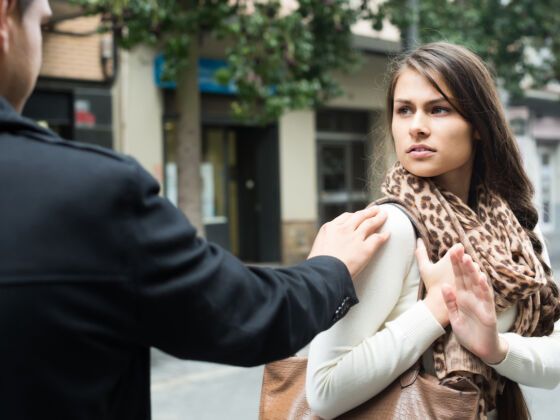When I was 23 and living in Saint Lucia, a man tried to drag me into the woods that border the public beach in Gros Islet. Nothing happened to me. I escaped with two skinned knees and a dirt burn on my lower back.
As an American woman, I grew up knowing the basics of assault response. Like all women and girls, I had spent time going over possible scenarios in my head. If I ever felt unsafe I would scream. If someone ever came up behind me I would straight-up donkey kick him in the groin. In my head, I had the total ability to go Lisbeth Salander on anyone and everyone who wished to do me harm.
